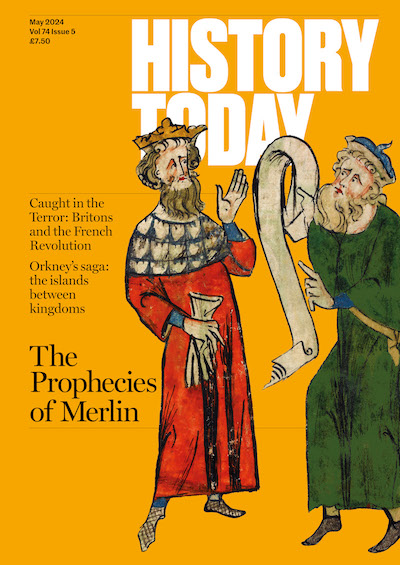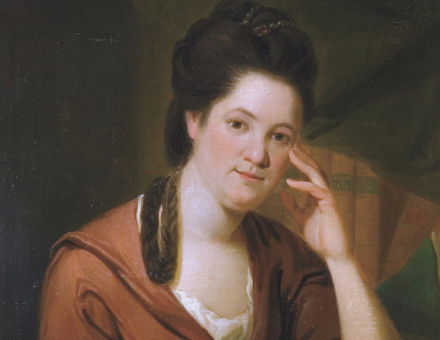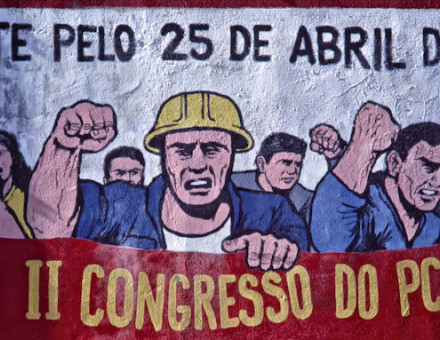Muhammad Ali: The Man Who Remade Alexandria
Once the classical world’s dominant port, by the early 19th century the city founded by Alexander the Great was seemingly in terminal decline. But the energy and vision of the Ottoman governor Muhammad Ali restored its fortunes and, ultimately, set Egypt on the path to independence, as Philip Mansel explains.
In 1806, with a population of just 6,000, the Egyptian port of Alexandria appeared to the French writer and politician Chateaubriand to be ‘the saddest and most deserted place in the world’. By 1849 it had become a cosmopolis of 100,000 and Egypt’s second capital. The reason for the transformation was Muhammad Ali Pasha’s ambition to create a modern Egyptian monarchy.
Like the city’s founder, Alexander the Great, Muhammad Ali came from Macedonia. He was born in 1770, the son of a Turkish tobacco merchant, in the port of Kavalla in what is now northern Greece. He came to Egypt with an Ottoman army in 1801 to expel the French expedition d’Egypte. By 1805, encouraged by the local population’s yearning for law and order, he had forced the Ottoman government to appoint him governor of Egypt. By 1811, having massacred the detested military elite of Mamelukes, he had done what other Ottoman officials were hoping to do in other provinces of the empire such as Lebanon or Albania: he had established his own government. By 1819 he was no longer called vali, or governor of Egypt, but His Highness the Viceroy.





